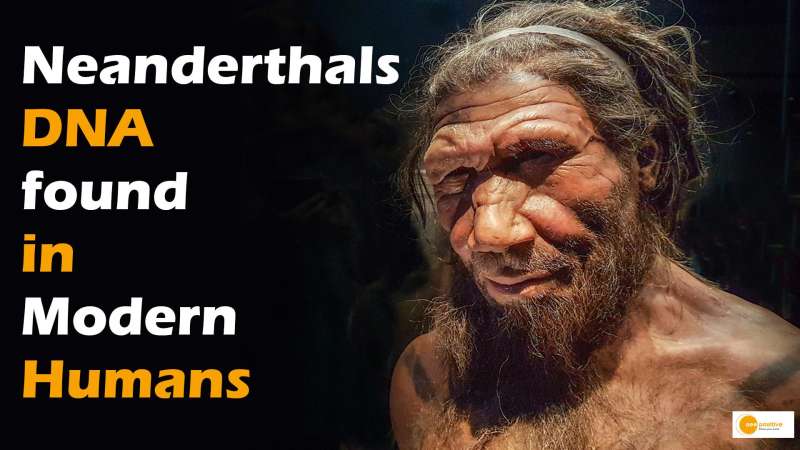

Recent scientific research has unveiled the extent to which Neanderthal DNA persists in the genomes of present-day humans. Neanderthals were early humans who lived in Europe and Western Asia between 400,000 and 40,000 years ago. While it has long been known that 1 to 4 percent of the genetic makeup of non-African descendants originates from Neanderthals, the active influence of these genes on human traits has remained elusive. However, a groundbreaking study led by Cornell University, employing innovative computational genetic tools, has shed light on the genetic legacy of interbreeding between ancient humans and Neanderthals, providing valuable insights into the traits influenced by Neanderthal DNA and the prevailing impact of modern human genes.
Genetic Exploration of Ancient Intermixing
A multi-institutional research team, spearheaded by Cornell University, has pioneered new computational genetic techniques to analyze the genetic repercussions of interbreeding that occurred 50,000 years ago between non-African humans and Neanderthals. This study primarily focuses on individuals whose ancestors migrated out of Africa before the extinction of Neanderthals, specifically those of European descent.
Neanderthal Genes and Modern Human Traits
Published in eLife, the study reveals that specific Neanderthal genes continue to influence certain traits in modern humans, notably including those related to the immune system. However, the overall findings indicate that modern human genes are gradually prevailing across successive generations.
Benefits of having Neanderthal Genes
The research team, led by co-lead author April (Xinzhu) Wei, an assistant professor of computational biology, identified several genes linked to modern human immune, metabolic, and developmental systems. These genes, originating from interbreeding events after humans migrated out of Africa, potentially played a crucial role in shaping human evolution. To facilitate further research, the team has made their custom software freely available for download and use.
Neanderthal genes that remain in modern human DNA have provided several beneficial adaptations. The microcephalin gene (MCPH1) aided in brain development, potentially making humans smarter and more adaptable. Genes like olfactory receptor 12D3 (OR12D3) helped with food digestion, enabling rapid adaptation to new diets.
Moreover, certain Neanderthal genes contributed to an improved immune system, protecting humans against specific diseases by producing proteins that combat harmful bacteria and viruses. These genetic contributions resemble a team of experienced police officers familiar with local criminals, enhancing our ability to fight off new threats. Overall, Neanderthal genes have played a vital role in enhancing human survival and adaptation.
A Comprehensive Analysis of Neanderthal Variants
Leveraging an extensive dataset from the UK Biobank, consisting of genetic and trait information from nearly 300,000 individuals of non-African ancestry, the researchers meticulously analyzed over 235,000 genetic variants associated with Neanderthal origins. This rigorous examination revealed that 4,303 of these genetic differences significantly impact modern humans, influencing 47 distinct genetic traits. Examples include metabolic rate and natural immune resilience against specific diseases.
Enhanced Precision in Genetic Studies
Unlike previous investigations, this study employed advanced statistical methods to accurately pinpoint genetic variants directly attributable to Neanderthal influence, minimizing interference from modern human genes. By utilizing these refined techniques, the research team produced more precise results regarding the genetic impact of Neanderthals on modern humans.


